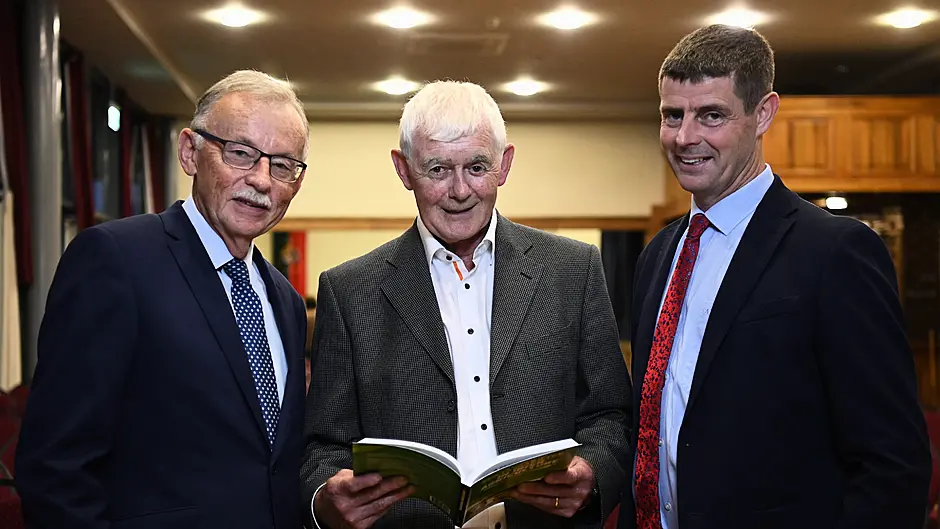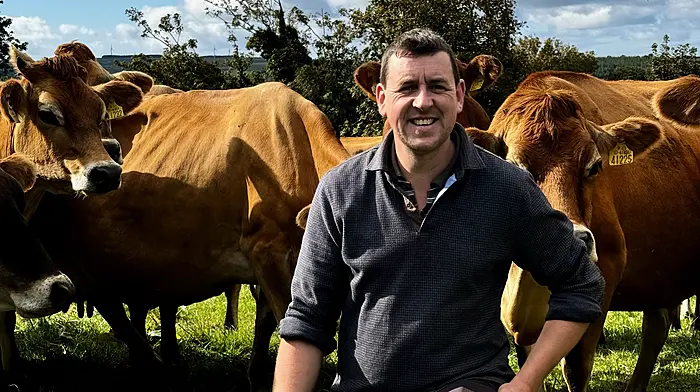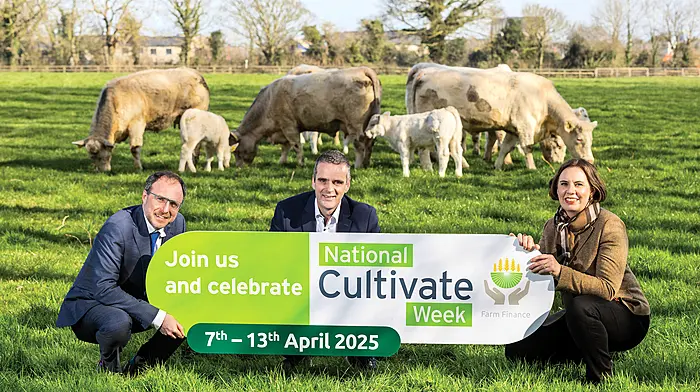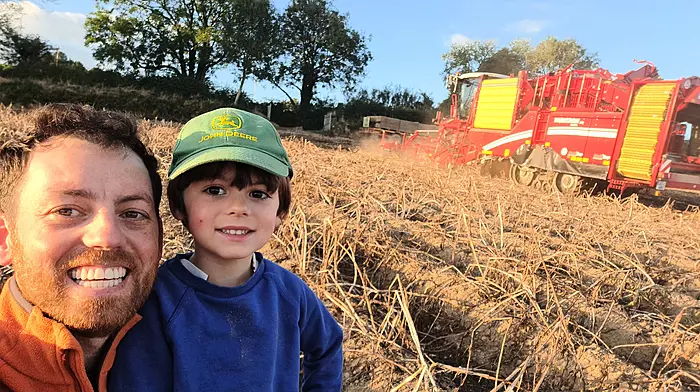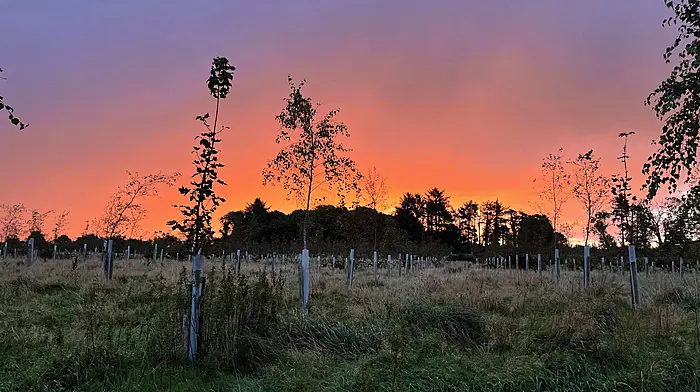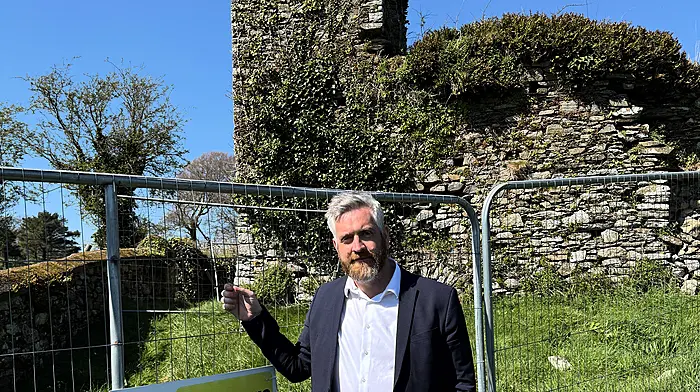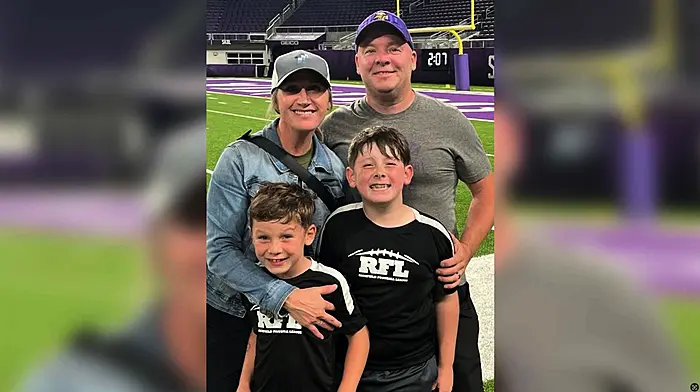LOTS of people talked about writing a book during the pandemic lockdowns, but Clonakilty resident Seamus O’Dowd actually delivered.
He has just launched his book ‘A Century of Sustainability in Irish Agriculture,’ which is a thoroughly comprehensive look back at the development of the sector taking in topics such as succession, finance, nutrition and breeding to mention just a few.
And having worked in the agricultural advisory services for over 40 years, Seamus is well qualified to deliver an informed account, and also explore the progress that farming enterprises underwent to achieve sustainability over the past decades.
Originally from Kerry, Seamus worked as a Teagasc advisor in pig production covering the West Cork and Kerry region, transferring to a dairy advisory position in 1997, based in Clonakilty.
He retired in 2015, and over the last few years he enjoyed helping family members around the country with house renovations.
‘Then Covid hit, and like everyone else I couldn’t travel, so I decided I’d start writing, and the only thing I could write about with any knowledge was agriculture,’ he said.
In many ways the book was just ‘something to do,’ he admits.
‘To be honest, when I started it I had no real intention of finishing it, but once I got so far along with the project I decided to stick with it,’ he said.
‘Lots of people might only think about the changes facing farmers in the future, but during the last century, particularly since the 50s and 60s farmers went through so many huge changes, and adapted to them so well, so this book reflects their flexibility,’ said Seamus.
The greatest changes included the horse being replaced with the tractor, which happened when he was still a teen.
‘Another big change in dairy farming at that time was the switch in the breed of the cow from Shorthorns, to the higher yielding Friesians. Artificial Insemination (AI) was also introduced in those years.
‘The switch from hay to silage was also a big change. Up to this, all fodder was in the form of hay, before the introduction of silage preservatives or plastic coverings. And finally, weed control was another game changer, as up to this all weeding was done by hand, so this saved on labour,’ said Seamus.
Topics covered in the book include soils, crops, animal nutrition, health, and breeding and the various enterprises including tillage, grassland, dairy, beef, sheep and pigs.
Seamus also charts the environmental changes required of farmers since the 1970s, and looks at the future of farming from perspectives including technology and careers. He admits that he shares farmers’ frustration at changes to the nitrates derogation.
‘My sympathy is with the farmer who has 50 to 70 cows and who is doing a good job, and has developed an intensive production system. They’re the ones who will be forced to reduce their herd, and who will be hit economically,’ he said.
However, he remains optimistic for the future of Irish agriculture. ‘We will be able to produce agricultural products, and the potential to increase the output of grass is there,’ he points out.
Has Seamus plans for another book? ‘No! My plan now is to take retirement seriously,’

